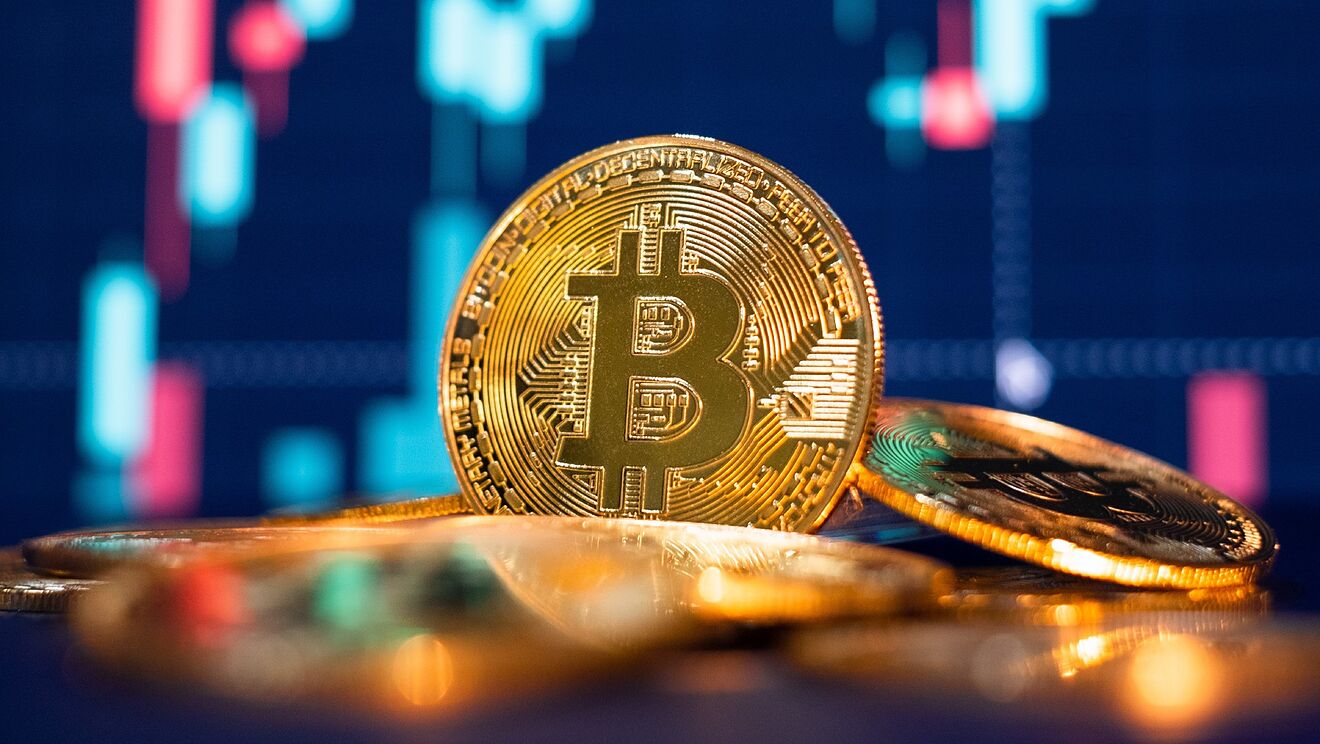The Ontario Superior Court of Justice issued a Mareva injunction in 2022, which was one of the most troubling things to happen to crypto in that year. This injunction allowed the confiscation of cryptoassets belonging to demonstrators who had been receiving financial support in the form of bitcoin (BTC) and other cryptoassets. It was issued against the backdrop of rallies and blockades that “paralyzed” Ottawa early this year.
The order appeared to fatally undermine the premise that bitcoin is immune from government control when combined with allegations of the US Department of Justice confiscating USD 3.6 billion in BTC in February. Indeed, US government agencies have seized cryptocurrencies on multiple occasions in recent years, contributing to the perception that any sense of cryptocurrency’s inviolability is mostly an illusion, and that a sufficiently determined government can seize bitcoin, ethereum (ETH), or anything else at any time.
However, experts in the crypto business agree that recovering cryptocurrency ultimately requires snatching an address’ private key, which should be nearly difficult if users retain their cash in self-custodial wallets. However, they concede that, as crypto exchanges grow in popularity and anti-money laundering legislation tighten, seizing monies housed in a third-custody party’s is becoming easier.



